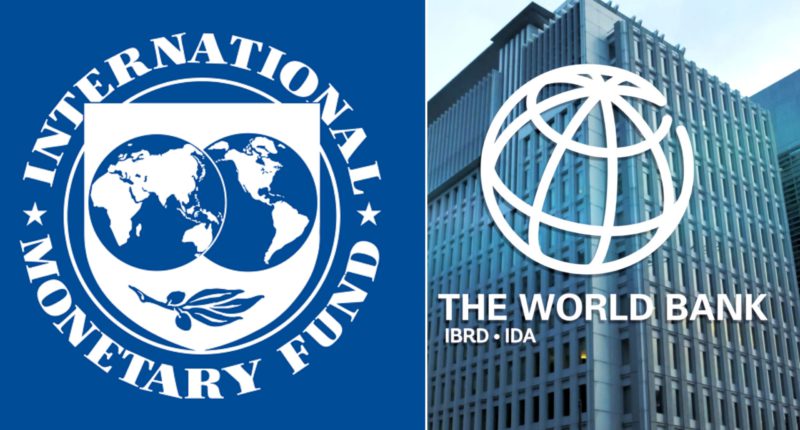The Federal Government, FG, has begun conversations with the World Bank and the International Monetary Fund on debt restructuring for the country.
According to Finance Minister Zainab Ahmed, debt restructuring is required to address FG’s mounting debt payment obligations.
Why this is happening
Nigeria’s debt has increased over the previous three to four years. In 2023, approximately 65 percent of our revenues will be used to service debt. The 2023 budget will also be funded by borrowing from external sources. As at December 2021, Nigeria’s debts stood at NGN39.556 trillion from 2020’s NGN32.915 trillion naira
With the fall of the naira, the cost of debt payment is growing, also as interest rates rise globally, it results in higher debt service costs. While central bank interest rate hikes and dollar strengthening are required to combat increasing inflation, this will result in increased debt payment costs for the government.
Any hopes
According to the minister, “However, based on the debt sustainability study, we believe Nigeria will be able to service its debt in both 2022 and 2023.” We have been working with financial institutions to investigate the possibility of restructuring our debt in order to extend the debt service period and provide us with additional budgetary relief.
The long-term effects
Nigeria will have to use more naira to pay dollar-denominated obligations. When the currency strengthens and interest rates rise globally, much of the income will also be used to service debts.

